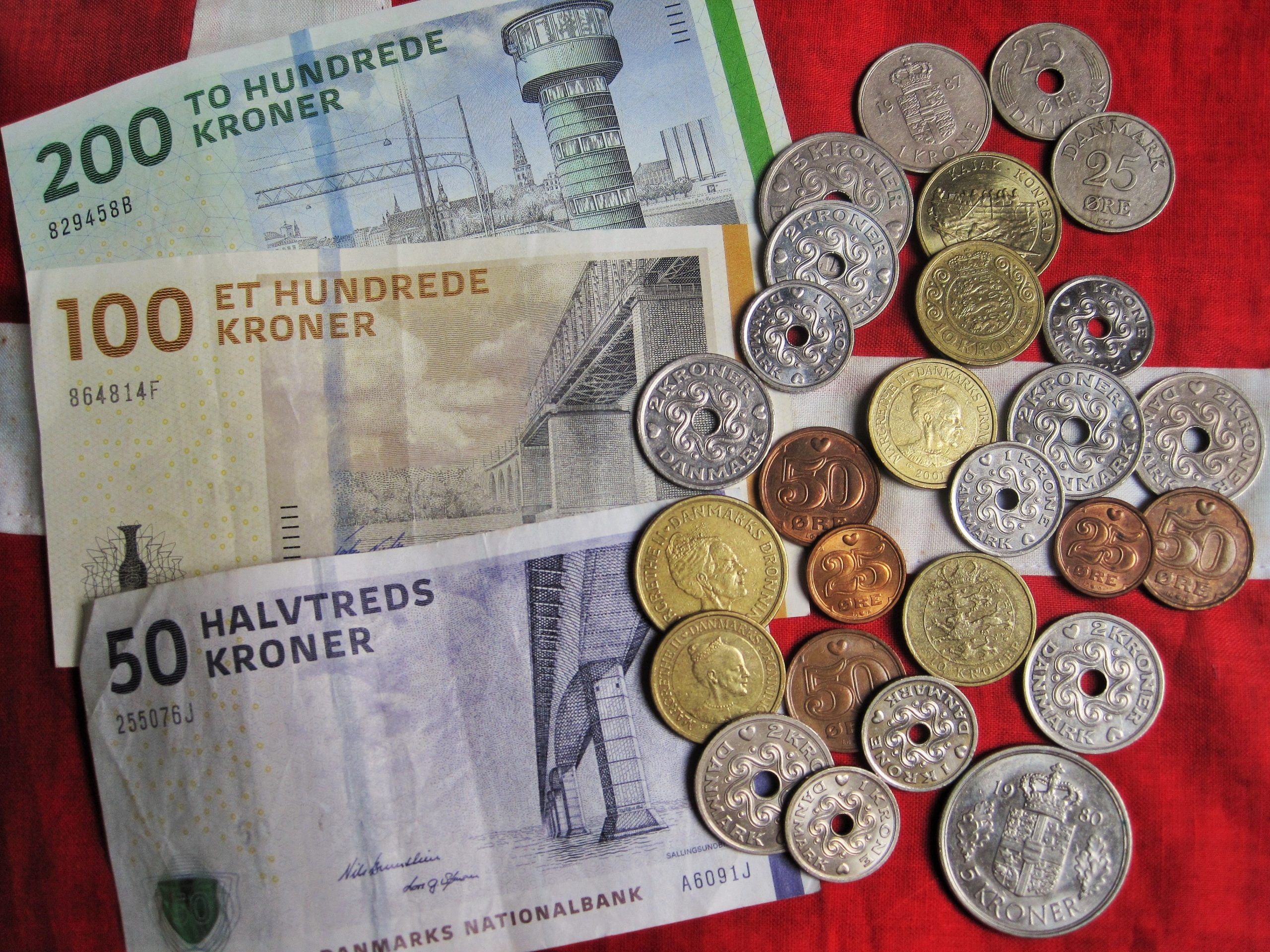Denmark enjoyed economic growth of 3.9 percent last year, according to initial projections by Danmarks Statistik.
The level is on a par with 2006. According to Dansk Industri, one would have to go back to 1994 to find a higher growth.
The strong economic growth in 2021 followed a 2.1 percent fall in 2020 due to the pandemic.
A good year despite COVID-19
“We are seriously putting the corona crisis behind us with the highest employment ever and the lowest unemployment in more than 13 years,” said the finance minister, Nicolai Wammen.
According to Kristian Skriver, a senior economist at the Danish Business Federation, the rapid recovery can be explained by how businesses and consumers adapted quickly to restrictions. For example, more retail sales moved online, and more restaurants started offering takeaways.
“This ensured that consumption was not as badly hit by the closures in 2021 as in 2020,” he explained, according to DR.
What’s in store for 2022?
Growth in 2022 will not be on the same scale as in 2021, predicts Allan Sørensen, the chief economist at Dansk Industri.
“Employment has shot up, and that means that unemployment is really low. This will slow down growth in the coming year because there is a shortage of hands in companies,” said Sørensen, according to DR.
“There are a number of factors (a lack of materials, Russia’s invasion of Ukraine) that mean that growth will not be as high this year.”
Vestas the world’s most sustainable company
Vestas is the world’s most sustainable company according to the 18th annual ranking of the world’s most sustainable corporations published by Corporate Knights. “Vestas has successfully helped our partners avoid more than 1.7 billion tonnes carbon emissions over the past four decades,” said Henrik Andersen, the CEO and president of Vestas.
Aalborg Portland wants tax suggestion dropped or might leave Denmark
An expert group appointed by the government has come up with three different models for cutting CO2 emissions. The first sets a uniform CO2 tax of 750 kroner per tonne – with the price of CO2 allowances, which companies covered by quotas already pay to the EU, factored in. The cement giant Aalborg Portland, the country’s biggest CO2 emitter, is said to be displeased by the first model – it has previously threatened to leave Denmark should the taxes be too punitive. The other two models, which include a discount for ‘mineralogical processes, are more manageable, it feels. After all, it reasons, it would simply move production out of Denmark and emit somewhere else.
Generational change at Maersk
Robert Mærsk Uggla, 43, is the new chair of Maersk. He is the great-great-grandson of Peter Mærsk Møller, who founded the company 118 years ago. He replaces Jim Hagemann Snabe who did not stand for re-election. Meanwhile, Marc Engel, the outgoing cheif supply chain officer at Unilever, will replace Ane Mærsk McKinney Uggla as vice chair. Uggla has like Snabe stood down from the board.
New code to alleviate the stress felt by MPs
There is a new code of conduct for meetings and negotiations to tackle stress at Christianborg. If it is normal for MP to have more work pressure than in other jobs, this new tool should help them to manage it better. The new code addresses issues such as the short amount of time they have to prepare for debates, and negotiation running late into the night. For example, the guidelines will stipulate that material pertaining to debates should be made available least 24 hours in advance.
Moderna to establish itself in Denmark
Moderna plans to establish a commercial presence in six new European countries, among which is Denmark. The aim is to support the delivery of mRNA vaccines and therapeutics locally. “Europe has played a critical role in Moderna’s ability to manufacture and deliver our COVID-19 vaccine across the world, protecting millions of people from COVID-19 infection, hospitalisation, and death,” said Stéphane Bancel, the CEO of Moderna. “I look forward to furthering our collaborations with European researchers and partners to leverage our mRNA technology.”
No more paper advertisements from Netto and Lidl in the postbox
Ahead of reports that the Coop supermarket owner backs plans to introduce a system called ‘Advertising – Yes, please’, in which households must opt in to receive paper advertisements, two other chains, Netto and Lidl, have confirmed they are phasing out their printed offers. Commonly referred to as avis (newspapers) by the public, the supermarkets said they were doing it for environmental reasons and also to save money. Netto has left the door open to continue distributing, while Lidl is starting with Copenhagen before stopping across the whole country. The Lidl paper advertisements can be found in the stores and online.















